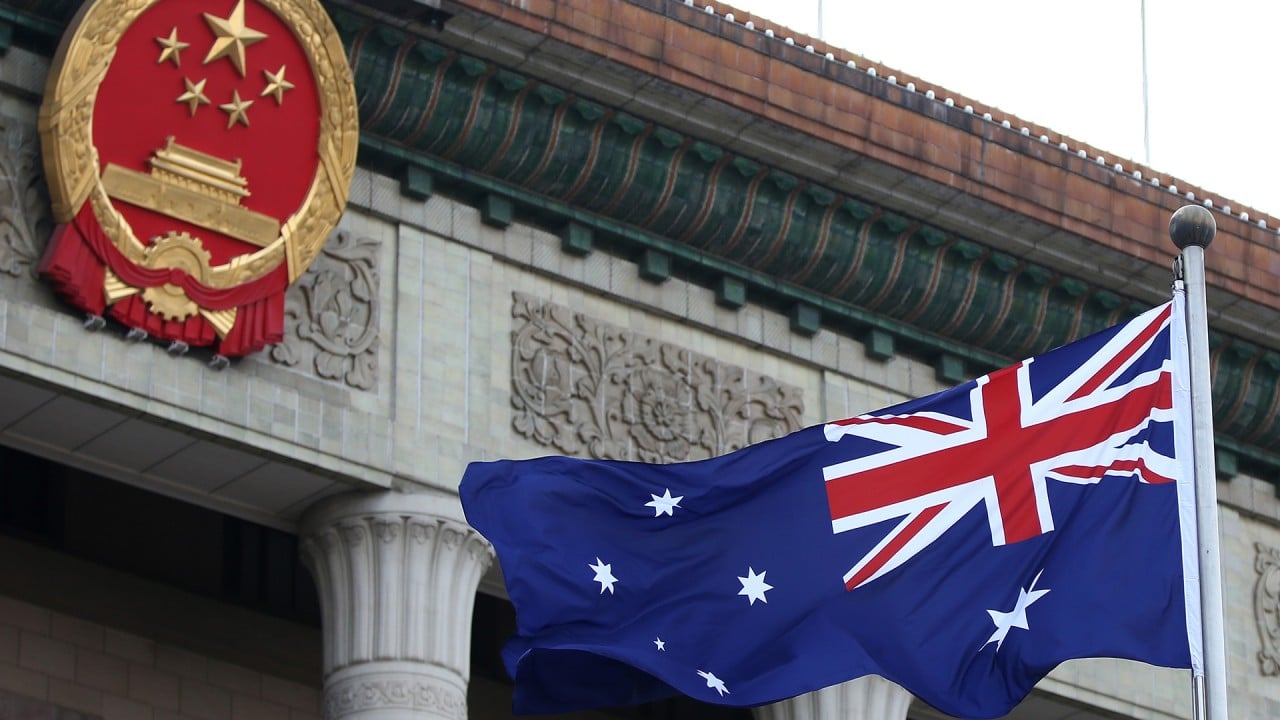
Chinese property investors looking at Australia can expect a rough ride
- The greater the damage to Sino-Australian relations, the harder it is for Chinese real estate investors to successfully deploy capital
- Chinese buyers are also having to wait significantly longer than their Western counterparts to secure regulatory approval for major transactions
In 2016, Australia was the second-most-popular destination for mainland Chinese outbound real estate investment after the United States, with investors and developers purchasing US$5.3 billion of assets, data from Knight Frank shows.
Chinese buyers were particularly acquisitive in Australia’s red-hot residential market, accounting for as much as 38 per cent of disclosed development site sales, up from as little as 2 per cent in 2012, according to Knight Frank.
The middle of the previous decade was the heyday of Chinese cross-border property investment, not just in Australia but across the world. Those were the years when Chinese firms were snapping up trophy assets, with Anbang Insurance Group’s purchase of New York’s Waldorf Astoria hotel from private equity fund Blackstone for nearly US$2 billion in 2014 among the most high-profile deals.
The collapse of Chinese cross-border investment has been particularly apparent in the commercial property market in the last several years.
Data on Asian outbound investment published by CBRE on February 25 reveals the scale of the decline. In 2017, mainland Chinese buyers were still the region’s dominant overseas investors, purchasing nearly US$30 billion of assets abroad. By 2019, the volume of their foreign acquisitions had plunged to less than US$5 billion, on a par with the amount last year.
Although China is far and away Australia’s top trading partner, the leading destination for its commodity exports and a major source of demand for its exports of international education and tourism-related services, it has come to be viewed as a threat to Australia’s democracy and national sovereignty.
Explainer | Why has the China-Australia relationship deteriorated into ‘trade war 2.0’?
In a sign of the degree to which the breakdown in Sino-Australian relations has contributed to a broad-based collapse in Chinese investment, new data published on March 1 showed Chinese investment falling 61 per cent year on year to just US$770 million last year, down from a peak of US$12.7 billion in 2016.
Shiro Armstrong, who heads the East Asian Bureau of Economic Research at the Australian National University, and oversees a database tracking Chinese deals in the country, says that “the Anglosphere is closing up on Chinese investment”.
The greater the damage to bilateral relations, the harder it is for Chinese real estate investors to successfully deploy capital. Commercial property advisers in Sydney note that Chinese buyers are having to wait significantly longer than their Western counterparts to secure regulatory approval for major transactions.
Time, moreover, is not on their side. Australia’s commercial property investment market is heavily reliant on foreign capital, and has become one of the most popular destinations for cross-border deals, partly because of its higher rental yields.
Strong buying from German investors, as well as Singaporean firms (who dominate cross-border investment in Asia and view Australia as an extension of their domestic market), kept the foreign share of transactions last year at over 40 per cent, data from property consultant RCA shows.
Yields on prime logistics assets in Sydney and Melbourne – the most sought-after properties this year, according to industry surveys – fell by a further 30-50 basis points in 2020, according to data from JLL. At this pace, the yield advantage will soon disappear.
Furthermore, Australian house prices, which several years ago were driven up to excessively high levels partly due to strong appetite from Chinese buyers, are surging again, enjoying their biggest monthly rise in 17 years last month, in part due to record low mortgage rates. This will make regulators more wary of speculative activity by foreign investors.
Still, Australia remains a favoured destination for mainland Chinese property investors. One of Asia’s mature and transparent real estate markets, and home to a large Chinese-Australian community, Australia continues to attract significant interest from Chinese buyers, notably in the office sector. The question, however, is how long this politicised period lasts, and whether Chinese buyers will have the patience and appetite to do deals Down Under.
Nicholas Spiro is a partner at Lauressa Advisory



